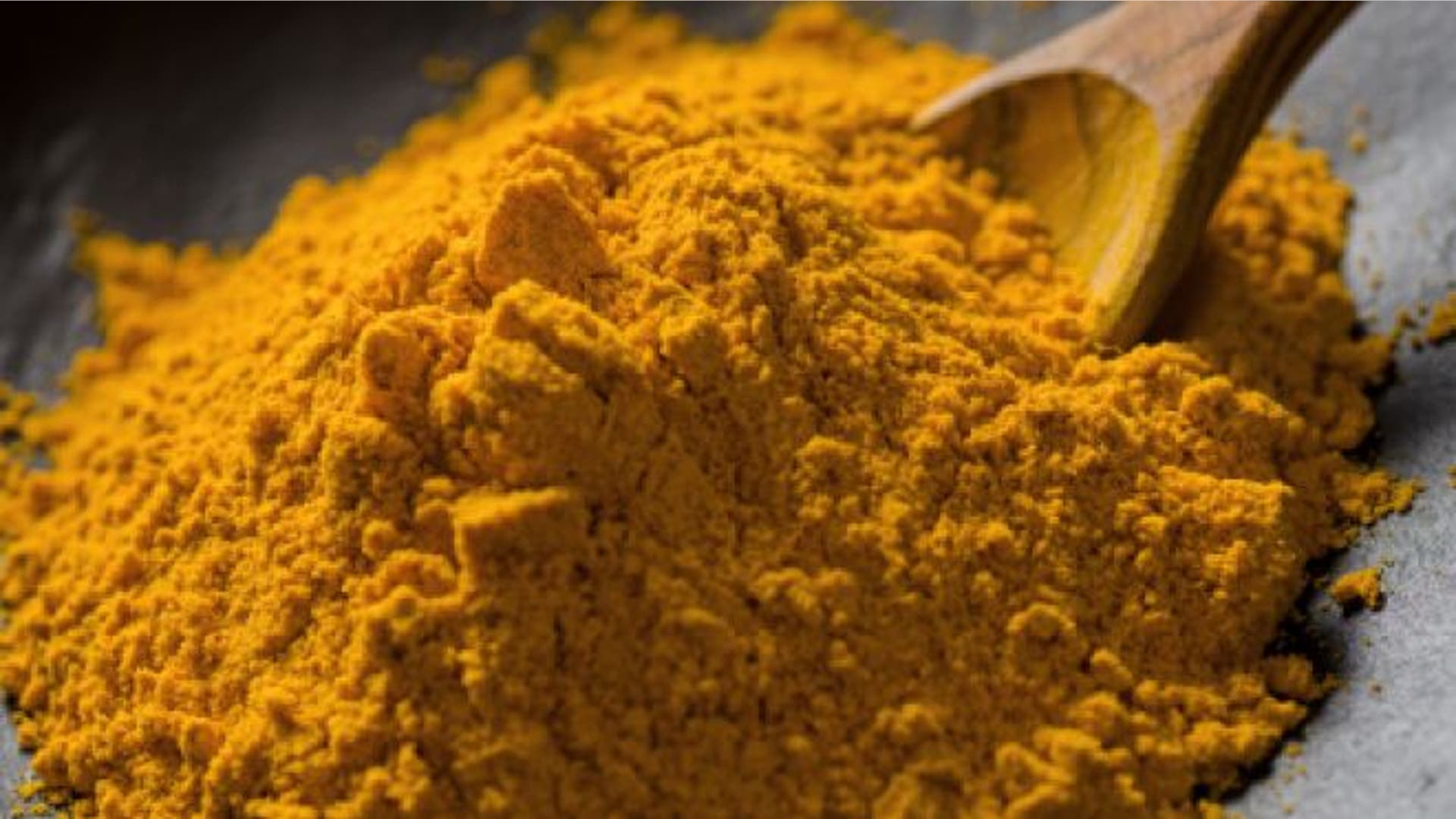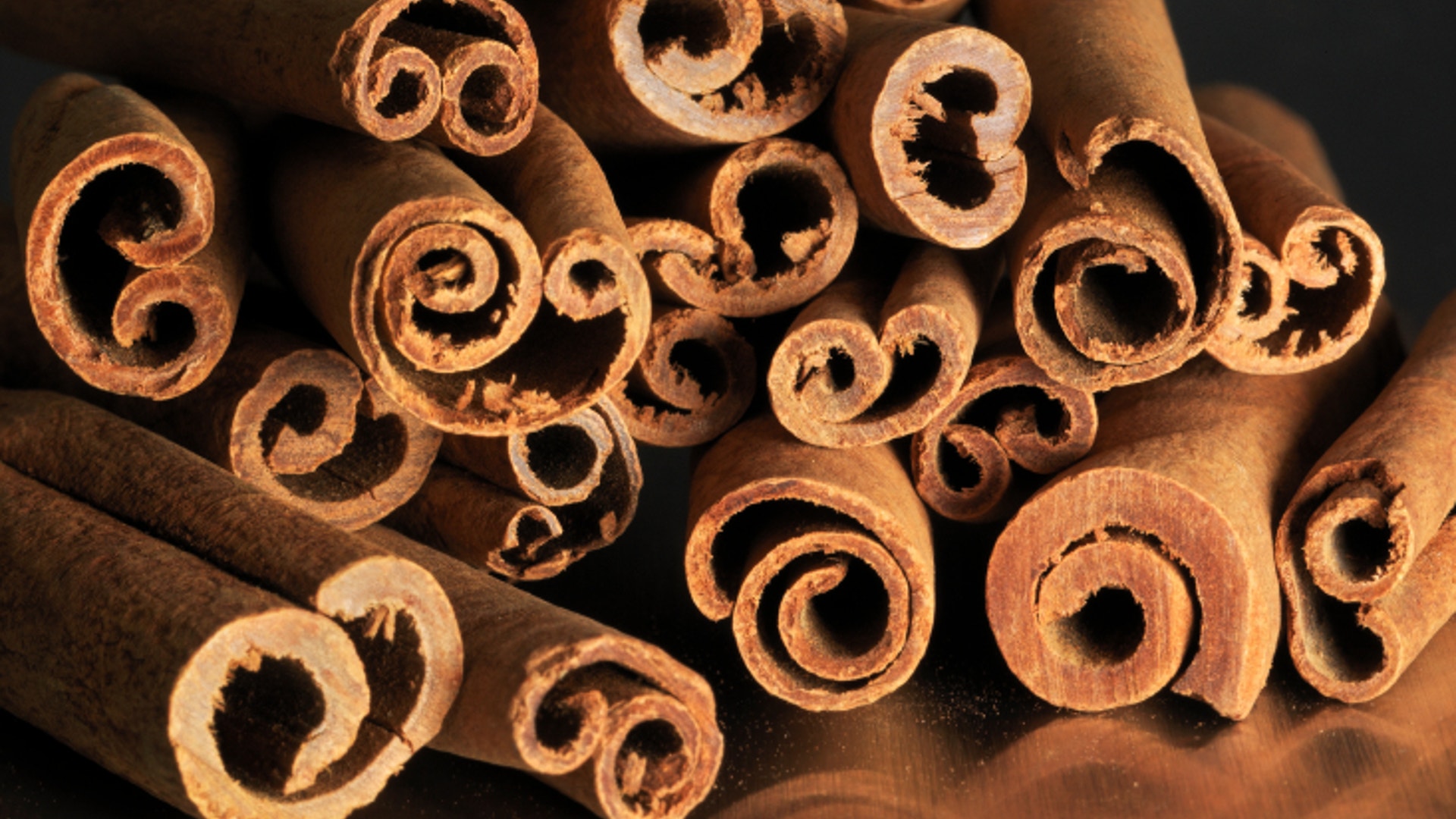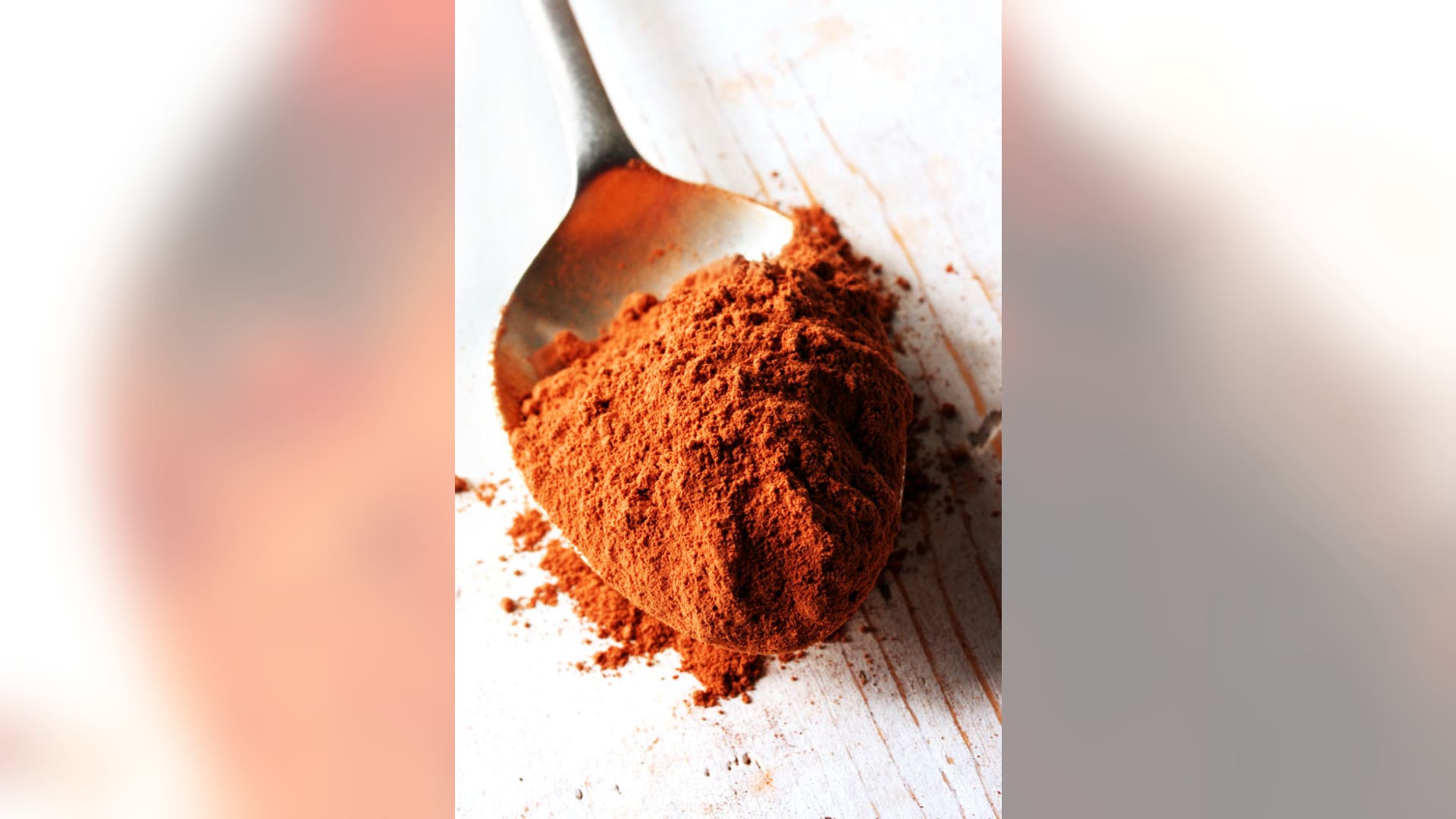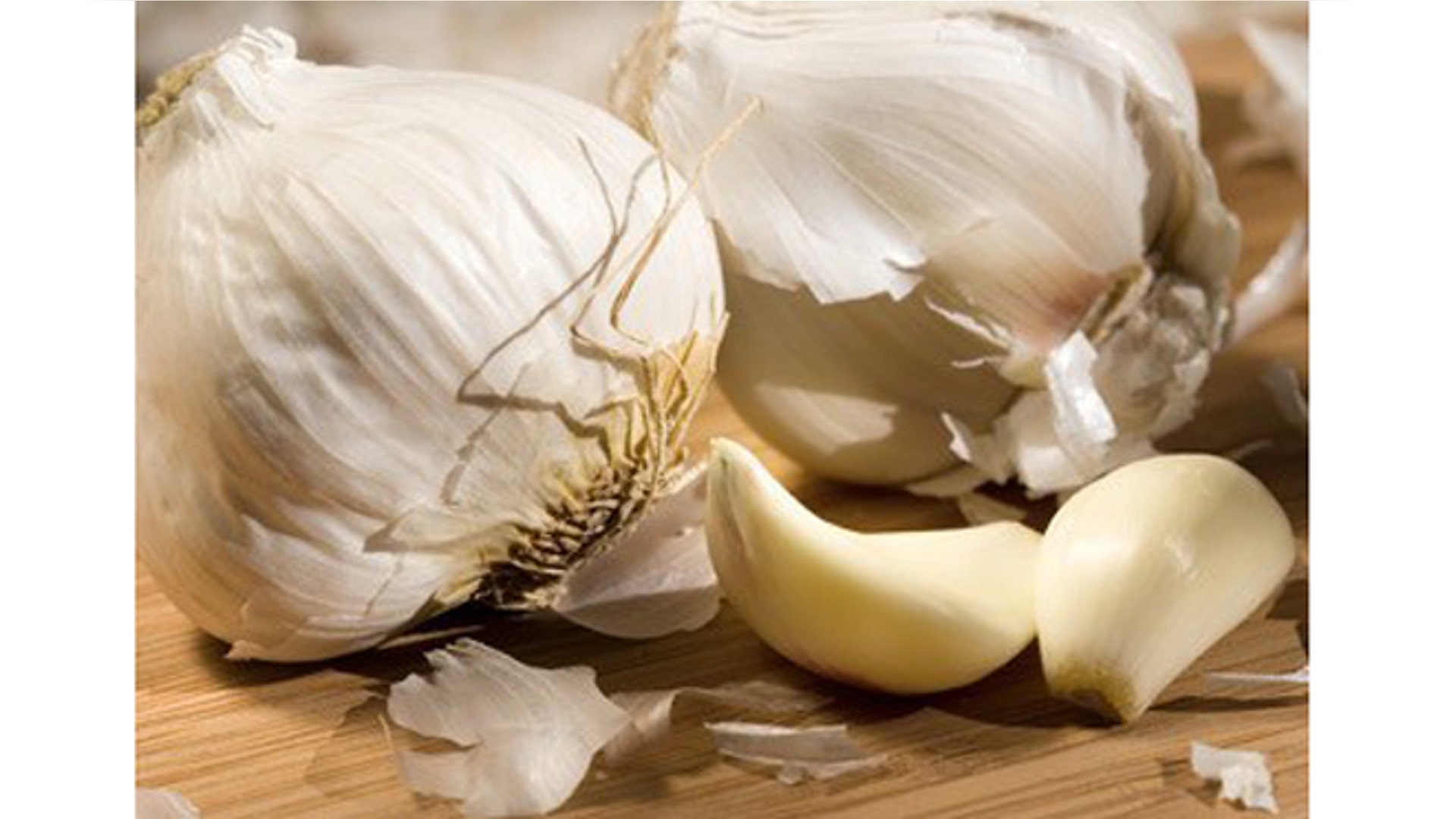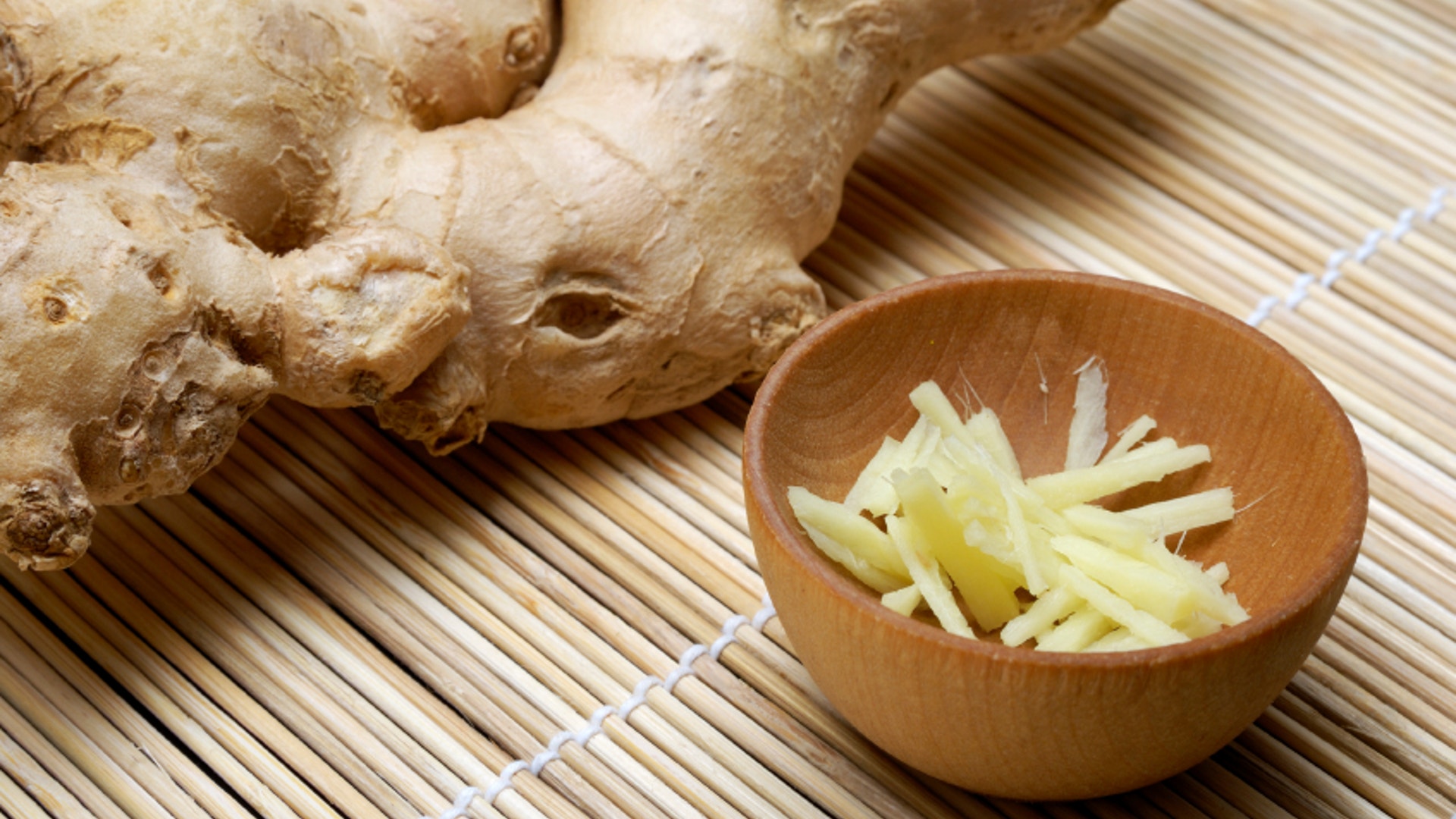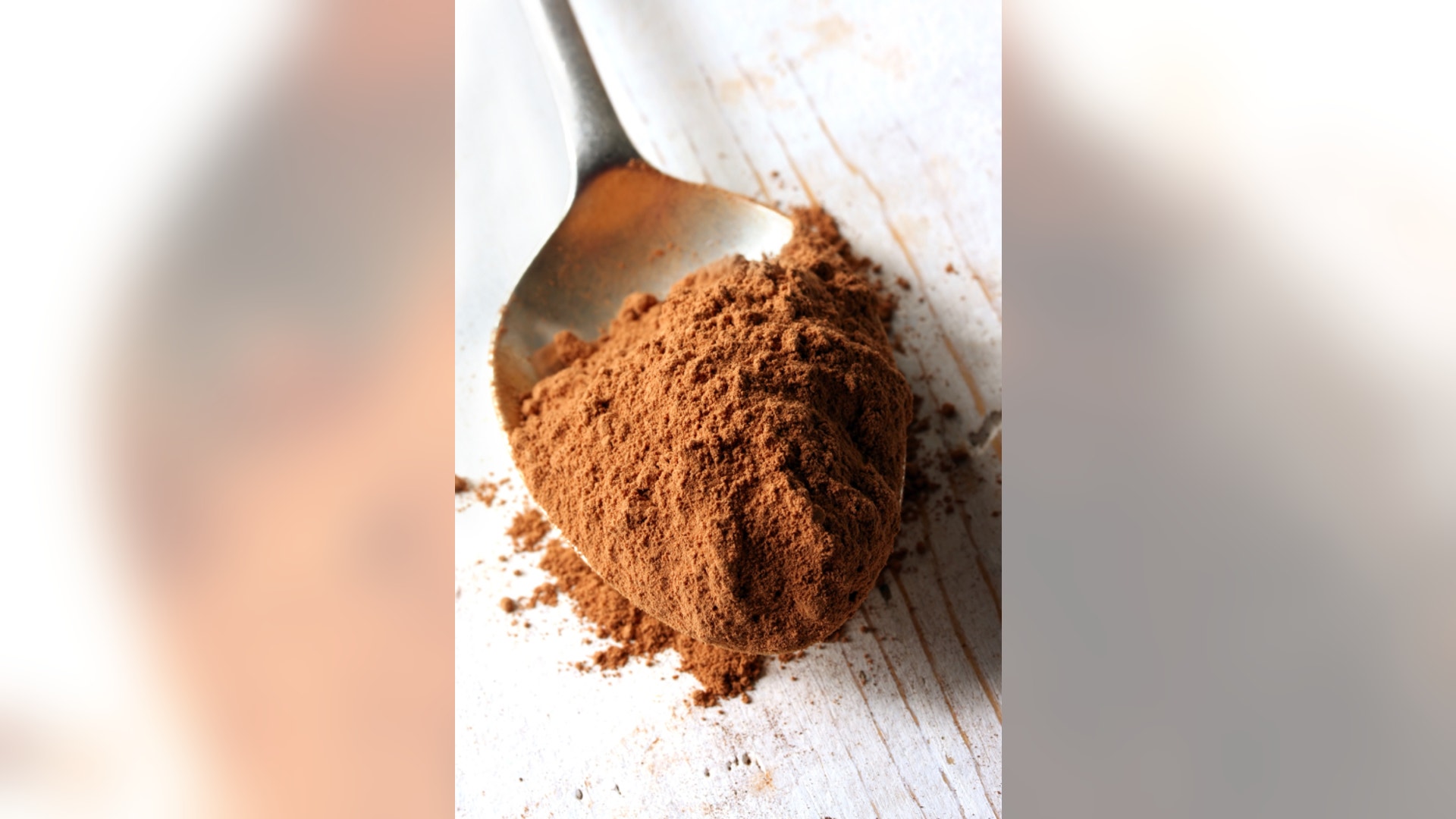Move Back
ADVERTISEMENT
Skip- Published8 Images
Healthy spices you should add to your diet
Adding spices to your food is a fun and inexpensive way to add color and flavor to your favorite dishes. Furthermore, spices can enhance the nutritional value of your meal without adding sugar, sodium or fat. Incorporate these low-calorie and versatile spices into your diet and reap the numerous health benefits.
![<b>Turmeric </b>]() Turmeric, a yellow-orange colored spice commonly used in South Asian recipes, comes from a root in the ginger family and is known for its many health benefits. Turmeric’s active ingredient, curcumin, has high antioxidant content and has been scientifically proven to reduce inflammation in the body. A recent study published in the Journal of Biological Chemistry suggests that curcumin may improve the effectiveness of chemotherapy in cancer patients; the study concludes that this healthy spice could potentially be used as an adjuvant chemotherapeutic drug. Another recent study published in Phytotherapy Research suggests that turmeric may be used to effectively treat patients with major depressive disorder, possibly more effectively than other anti-depressant medications currently on the market. Add one teaspoon of turmeric to your next curry dish to benefit from the many health advantages of this super-spice.read more
Turmeric, a yellow-orange colored spice commonly used in South Asian recipes, comes from a root in the ginger family and is known for its many health benefits. Turmeric’s active ingredient, curcumin, has high antioxidant content and has been scientifically proven to reduce inflammation in the body. A recent study published in the Journal of Biological Chemistry suggests that curcumin may improve the effectiveness of chemotherapy in cancer patients; the study concludes that this healthy spice could potentially be used as an adjuvant chemotherapeutic drug. Another recent study published in Phytotherapy Research suggests that turmeric may be used to effectively treat patients with major depressive disorder, possibly more effectively than other anti-depressant medications currently on the market. Add one teaspoon of turmeric to your next curry dish to benefit from the many health advantages of this super-spice.read more![<b>Cinnamon</b>]() Cinnamon, a unique spice with a sweet and woody fragrance, is often used to enhance the flavor of pastries, breads and rolls. Although people recognize the taste benefits, most are not aware of the health benefits associated with this spice. For example, cinnamon has one of the highest antioxidant levels of all spices. Incorporating this power spice into your daily diet is an easy way to help protect your cells from oxidative damage. Plus, cinnamon is rich in natural compounds called polyphenols that may act like insulin in the body to help lower blood sugar levels. Sprinkle some cinnamon into your morning oatmeal or yogurt for this important health benefit. With 4 grams of fiber per tablespoon, it’s also a healthy and delicious way to keep hunger pangs at bay.read moreiStockShare
Cinnamon, a unique spice with a sweet and woody fragrance, is often used to enhance the flavor of pastries, breads and rolls. Although people recognize the taste benefits, most are not aware of the health benefits associated with this spice. For example, cinnamon has one of the highest antioxidant levels of all spices. Incorporating this power spice into your daily diet is an easy way to help protect your cells from oxidative damage. Plus, cinnamon is rich in natural compounds called polyphenols that may act like insulin in the body to help lower blood sugar levels. Sprinkle some cinnamon into your morning oatmeal or yogurt for this important health benefit. With 4 grams of fiber per tablespoon, it’s also a healthy and delicious way to keep hunger pangs at bay.read moreiStockShare![<b>Nutmeg</b>]() Nutmeg is a popular spice that has been used for its medicinal properties and healing powers since ancient times. In fact, when it comes to calm and soothing effects on your mood, nutmeg should be the ultimate spice of choice. A study published in the Journal of Medicinal Food found that the extract from nutmeg seeds elicits a significant antidepressant-like effect in mice. Try adding 1/4 teaspoon of nutmeg to ground coffee to enjoy a flavorful beverage without the extra calories, sodium or fat.read moreiStockShare
Nutmeg is a popular spice that has been used for its medicinal properties and healing powers since ancient times. In fact, when it comes to calm and soothing effects on your mood, nutmeg should be the ultimate spice of choice. A study published in the Journal of Medicinal Food found that the extract from nutmeg seeds elicits a significant antidepressant-like effect in mice. Try adding 1/4 teaspoon of nutmeg to ground coffee to enjoy a flavorful beverage without the extra calories, sodium or fat.read moreiStockShare![<b>Cayenne pepper</b>]() Cayenne pepper, a vitamin-A rich spice related to the chili pepper, is known for the spicy twist it gives to simple meals. The pepper originated near Cayenne, French Guiana in South America, where spicy flavors and seasonings are a staple in most households. Capsacin, the active ingredient that gives the pepper its distinct taste, has medicinal benefits including fighting inflammation, boosting circulation and improving digestion. A study in Physiology and Behavior also suggests that consuming cayenne peppers helps burn calories and curb appetite. The researchers concluded that eating concentrations of the spice in real food (rather than taking them as supplements) may be most effective for weight management. Like most peppers though, a little bit of this spice goes a long way. Sprinkle cayenne pepper into a vegetable stir-fry for a spicy meal with a heart healthy kick.read moreCopyright: Igor DutinaShare
Cayenne pepper, a vitamin-A rich spice related to the chili pepper, is known for the spicy twist it gives to simple meals. The pepper originated near Cayenne, French Guiana in South America, where spicy flavors and seasonings are a staple in most households. Capsacin, the active ingredient that gives the pepper its distinct taste, has medicinal benefits including fighting inflammation, boosting circulation and improving digestion. A study in Physiology and Behavior also suggests that consuming cayenne peppers helps burn calories and curb appetite. The researchers concluded that eating concentrations of the spice in real food (rather than taking them as supplements) may be most effective for weight management. Like most peppers though, a little bit of this spice goes a long way. Sprinkle cayenne pepper into a vegetable stir-fry for a spicy meal with a heart healthy kick.read moreCopyright: Igor DutinaShare![<b>Saffron</b>]() Saffron, one of the world’s most expensive spices, is commonly used in Persian cuisine to give rice its exquisite color and flavor. It is also used in traditional Persian medicine to reduce PMS symptoms, improve one’s mood and even tackle depression. A study in Phytotherapy Research involved 40 adults with depression, each of whom took either a saffron supplement or a placebo everyday for six weeks. Those who took saffron were significantly less depressed than the placebo group, suggesting that saffron may be effective in treating mild to moderate depression in some patients. Add a pinch of saffron to your next rice dish to benefit from the effects of this incredible spice.read more
Saffron, one of the world’s most expensive spices, is commonly used in Persian cuisine to give rice its exquisite color and flavor. It is also used in traditional Persian medicine to reduce PMS symptoms, improve one’s mood and even tackle depression. A study in Phytotherapy Research involved 40 adults with depression, each of whom took either a saffron supplement or a placebo everyday for six weeks. Those who took saffron were significantly less depressed than the placebo group, suggesting that saffron may be effective in treating mild to moderate depression in some patients. Add a pinch of saffron to your next rice dish to benefit from the effects of this incredible spice.read more![<b>Garlic powder</b>]() Garlic, characterized by its potent smell and strong flavor, is a popular spice in many cuisines. For many years, garlic has been praised for its health-boosting properties. It has been used to fight cancer, infections, heart disease and even the common cold. A recent study in the Journal of the Science of Food and Agriculture suggests that garlic could reduce total cholesterol and triglyceride levels, especially when used long-term. The researchers concluded that garlic therapy could significantly benefit individuals at risk for heart disease. Incorporate garlic powder into your diet to benefit from garlic’s anti-bacterial, anti-viral and anti-fungal properties. Try adding this spice to your favorite marinara sauce and throw the sauce over a whole wheat pasta for a complete meal with added health benefits.read moreiStockShare
Garlic, characterized by its potent smell and strong flavor, is a popular spice in many cuisines. For many years, garlic has been praised for its health-boosting properties. It has been used to fight cancer, infections, heart disease and even the common cold. A recent study in the Journal of the Science of Food and Agriculture suggests that garlic could reduce total cholesterol and triglyceride levels, especially when used long-term. The researchers concluded that garlic therapy could significantly benefit individuals at risk for heart disease. Incorporate garlic powder into your diet to benefit from garlic’s anti-bacterial, anti-viral and anti-fungal properties. Try adding this spice to your favorite marinara sauce and throw the sauce over a whole wheat pasta for a complete meal with added health benefits.read moreiStockShare![<b>Ginger</b>]() For many centuries, ginger has played a significant role in Indian and Asian cooking. The spice is known for its curative and healing powers. Researchers are finding that this sweet and savory spice reduces inflammation, aids in digestion, and may even help fight heart disease, Alzheimer’s and certain types of cancers. In fact, a study in the British Journal of Nutrition finds that ginger extract inhibits the growth of cancer cells, specifically when it comes to prostate cancer. Another study in the Journal of Ethnopharmacology examined the positive effect that ginger has on pain. The scientists in this study injected mice with an irritant, and found that the simultaneous injection of ginger was able to help block the pain. Use powdered ginger to spice up your next chicken noodle or vegetable soup, or even mix it into your favorite tea for a healthy beverage with disease-fighting properties.read moreiStockShare
For many centuries, ginger has played a significant role in Indian and Asian cooking. The spice is known for its curative and healing powers. Researchers are finding that this sweet and savory spice reduces inflammation, aids in digestion, and may even help fight heart disease, Alzheimer’s and certain types of cancers. In fact, a study in the British Journal of Nutrition finds that ginger extract inhibits the growth of cancer cells, specifically when it comes to prostate cancer. Another study in the Journal of Ethnopharmacology examined the positive effect that ginger has on pain. The scientists in this study injected mice with an irritant, and found that the simultaneous injection of ginger was able to help block the pain. Use powdered ginger to spice up your next chicken noodle or vegetable soup, or even mix it into your favorite tea for a healthy beverage with disease-fighting properties.read moreiStockShare![<b>Cocoa </b>]() Although many do not consider cocoa a spice, one can certainly treat cocoa as a seasoning to reap the health benefits of this terrific bean. It is cocoa’s flavanols, a substance that adds to the bean’s bitterness, that are associated with its ability to lower blood pressure, cholesterol and risk of heart disease. A study in Asia Pacific Journal of Clinical Nutrition suggests that regular consumption of cocoa products, due to their flavanol content, may reduce risk of cardiovascular disease in individuals. If you are looking for an excuse to add chocolate to your dishes, here’s your chance. Adding these nutritious beans to your diet provides new health and flavor opportunities. Incorporate chili powder and 100 percent raw cocoa powder into a meat marinade for an exotic, beneficial and heart healthy meal.read more
Although many do not consider cocoa a spice, one can certainly treat cocoa as a seasoning to reap the health benefits of this terrific bean. It is cocoa’s flavanols, a substance that adds to the bean’s bitterness, that are associated with its ability to lower blood pressure, cholesterol and risk of heart disease. A study in Asia Pacific Journal of Clinical Nutrition suggests that regular consumption of cocoa products, due to their flavanol content, may reduce risk of cardiovascular disease in individuals. If you are looking for an excuse to add chocolate to your dishes, here’s your chance. Adding these nutritious beans to your diet provides new health and flavor opportunities. Incorporate chili powder and 100 percent raw cocoa powder into a meat marinade for an exotic, beneficial and heart healthy meal.read more- Published8 Images
Healthy spices you should add to your diet
Adding spices to your food is a fun and inexpensive way to add color and flavor to your favorite dishes. Furthermore, spices can enhance the nutritional value of your meal without adding sugar, sodium or fat. Incorporate these low-calorie and versatile spices into your diet and reap the numerous health benefits.
Move Forward
- Healthy spices you should add to your diet








Thumbnail View
Image 0 of 8
